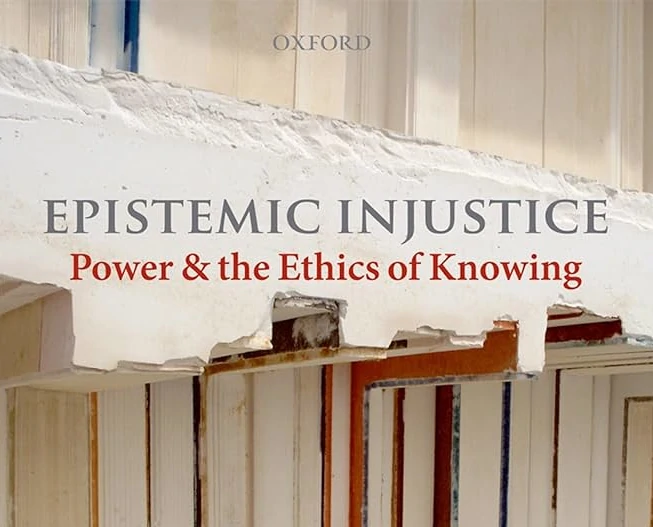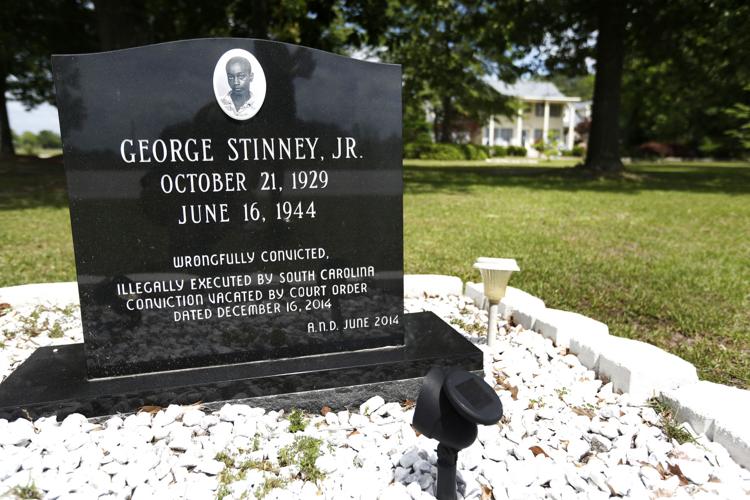
Epistemic: relating to knowledge or the study of knowledge – Cambridge Dictionary
Page Description
Injustice inflicts deep suffering worldwide, from unsafe convictions to child labor. Discover the human cost of these injustices.
Injustice, in its many forms, inflicts deep and lasting suffering on individuals and communities around the world. This page explores the profound impact of unsafe convictions, miscarriages of justice, child labor, and the plight of street children, among other issues.
“Injustice anywhere is a threat to justice everywhere” – the story behind the quote
26 sep 2023
Unified in Justice: King’s Timeless Message
Dive into Birmingham, 1963, the epicenter of the Civil Rights Movement. Amidst rising tensions, Dr. Martin Luther King Jr. is arrested. In the solitude of his jail cell, he pens a profound letter addressing critics and underscoring the global impact of the fight for justice. Explore the timeless significance of King’s words: “Injustice anywhere is a threat to justice everywhere.” Discover how this powerful quote reminds us that our collective struggles are deeply interconnected, transcending time and borders. Join us in revisiting a pivotal moment that still resonates with today’s global calls for equality.
AP ShortDocs: The Assassination of MLK Jr., 50 Years Later
16 jul 2018
Fifty years after the assassination of Dr. Martin Luther King, Jr., AP revisits its coverage of this world-changing event through the reporter testimony, text, photos and video found in its rich archive.
The Associated Press is the essential global news network, delivering fast, unbiased news from every corner of the world to all media platforms and formats.
AP’s commitment to independent, comprehensive journalism has deep roots. Founded in 1846, AP has covered all the major news events of the past 165 years, providing high-quality, informed reporting of everything from wars and elections to championship games and royal weddings. AP is the largest and most trusted source of independent news and information.
1 Unsafe Convictions and Miscarriages of Justice
Unsafe convictions and miscarriages of justice not only rob innocent people of their freedom but also devastate their lives and the lives of their families. The British Post Office scandal is a stark example, where false accusations based on faulty evidence led to financial ruin, imprisonment, and psychological trauma for many sub-postmasters and sub-postmistresses.
- Psychological Impact: Wrongfully accused individuals often suffer from severe stress, depression, and anxiety. The stigma and loss of reputation can lead to isolation and a loss of community standing.
- Economic Consequences: Legal battles and loss of employment can lead to significant financial hardship. Families may lose their homes, savings, and face an uncertain future.
- Family Strain: The stress and upheaval can strain familial relationships, sometimes leading to breakdowns in marriages and negatively affecting children’s well-being.
The justice system makes it hard to remain indifferent when it perversely burdens innocent people with existential difficulties and, by abusing its position of power, subjects individuals to inhumane situations.
For example, by using fabricated evidence, as mentioned earlier in the case of 14-year-old John Bunn.
Understanding an unsound or unsafe conviction
is difficult because it is entirely unfounded, rooted in ideas, facts, and reasons that are incorrect.
An unsafe conviction (= legal decision that someone is guilty) may be wrong because it is based on bad evidence.
An unsafe conviction/verdict
Unsound
If a person’s activities or judgment are unsound, they are not good enough, acceptable, or able to be trusted:
Unsound accounting practices
Unsound police evidence
Cambridge Dictionary
A 14-year-old boy was sentenced to 17 years in prison
based on fabricated evidence!
Can we empathize with the excruciating pain of seven teenagers and young people and truly understand their situation?
- They are shouldering the daunting challenge of being unjustly imprisoned,
- for reasons entirely beyond their control,
- due to a flawed and unreliable justice system.
- They are grappling with the incomprehensibility of this egregious miscarriage of justice orchestrated by a corrupt cop.
- The depth and severity of the negative spiral that these innocents endure is simply unimaginable;
- it transcends human comprehension.
- No words can encapsulate the unfathomable anguish and injustice they faced.
- This is ‘a perversion of justice‘, as described in the Cambridge Dictionary, and akin to modern-day slavery.
- On someone’s watch: highlighting the responsibility and accountability for the injustice.
Note: the 4th bullet is a peculiar one.
“Your very existence as a human is under threat.”
As Professor lawyer Geert-Jan Knoops puts it in his Dutch podcast about “Miscarriages of justice anno 2021, fact or fiction?”
Please click the link
The innocence of 14-year-old George Stinney was disregarded,
leading to his execution on the electric chair without due legal process.
This serves as a stark example of the shortcomings within the justice system,
particularly evident in clear-cut cases, as highlighted in the introduction of this homepage.

The use of the electric chair for George Stinney’s execution occurred despite knowledge of his innocence at that time, not only becoming evident until 70 years later.
The case was deeply flawed, marked by minimal evidence and a lack of proper legal representation. Despite awareness of his innocence at the time, George Stinney was executed in the electric chair a mere 83 days after the crime took place. (Cfr. point E. Slip through the cracks)
2 Child Labor and Street Children
Millions of children worldwide are deprived of their childhood, education, and a chance at a better future due to child labor and the harsh realities of living on the streets.
- Child Labor: Children forced to work in hazardous conditions miss out on education and face physical and emotional abuse. They are often exploited and denied basic human rights.
- Street Children: Children living on the streets are vulnerable to violence, exploitation, and abuse. They lack access to basic necessities such as food, shelter, and healthcare, and are often denied educational opportunities.
3 The Broader Impact of Injustice
- Social Fabric: Systemic injustices can erode trust in institutions and the rule of law, leading to societal instability and conflict.
- Generational Impact: Injustice can have a multi-generational effect, where the children of the wrongfully accused or those subjected to child labor and homelessness are often caught in a cycle of poverty and marginalization.
4 Stories of Resilience and Advocacy
Despite the overwhelming challenges, many individuals and organizations work tirelessly to combat injustice and support those affected.
- Advocacy Groups: Organizations like The Innocence Project work to exonerate wrongfully convicted individuals and reform the justice system.
- Educational Programs: Initiatives that provide education and support to street children and child laborers help to break the cycle of poverty and provide a pathway to a better future.
- Survivor Stories: Sharing stories of resilience and recovery can inspire change and highlight the human spirit’s capacity to overcome adversity.
5 How You Can Help
Everyone has a role to play in the fight against injustice. Here are some ways you can make a difference:
- Raise Awareness: Educate yourself and others about the issues of injustice and advocate for change in your community.
- Support Organizations: Donate to or volunteer with organizations that work to combat injustice and support victims.
- Policy Change: Advocate for policy reforms that address the root causes of injustice and provide better protections for vulnerable populations.